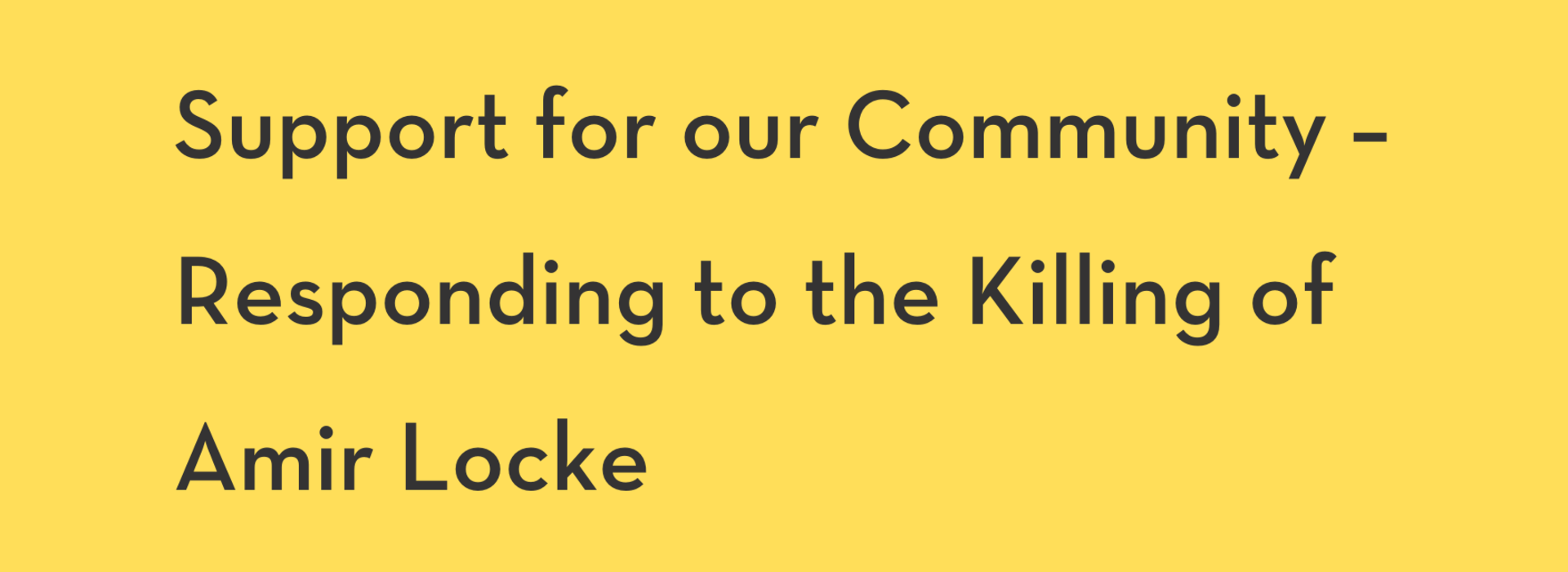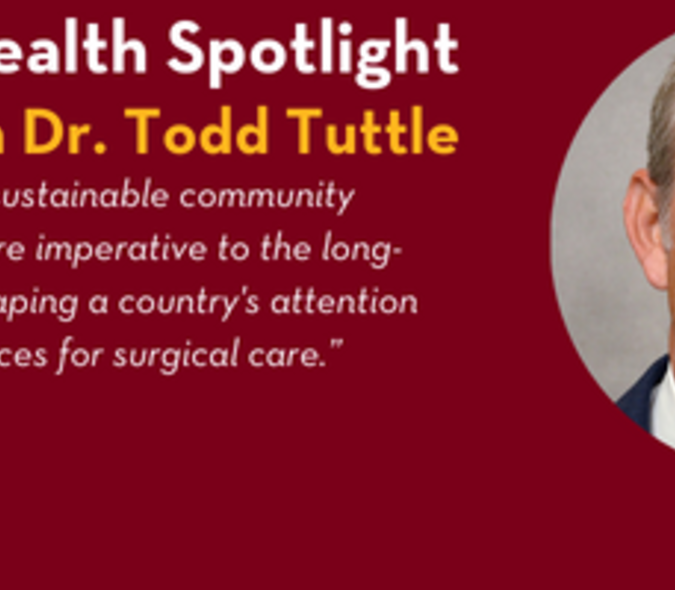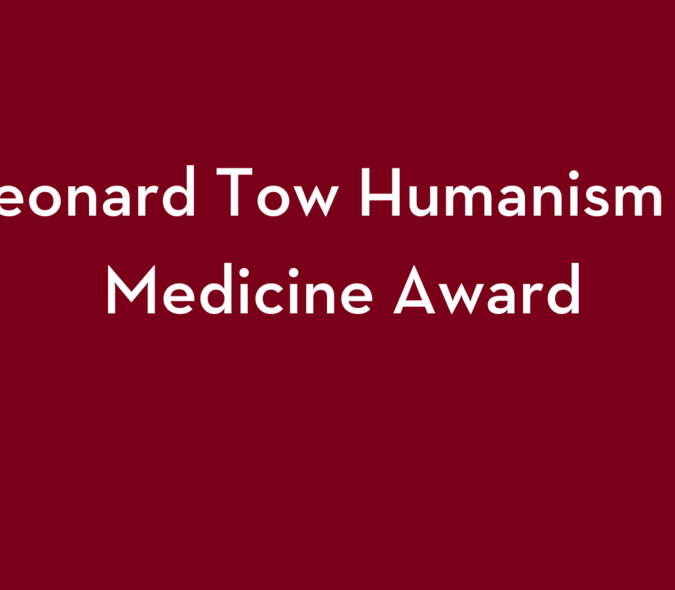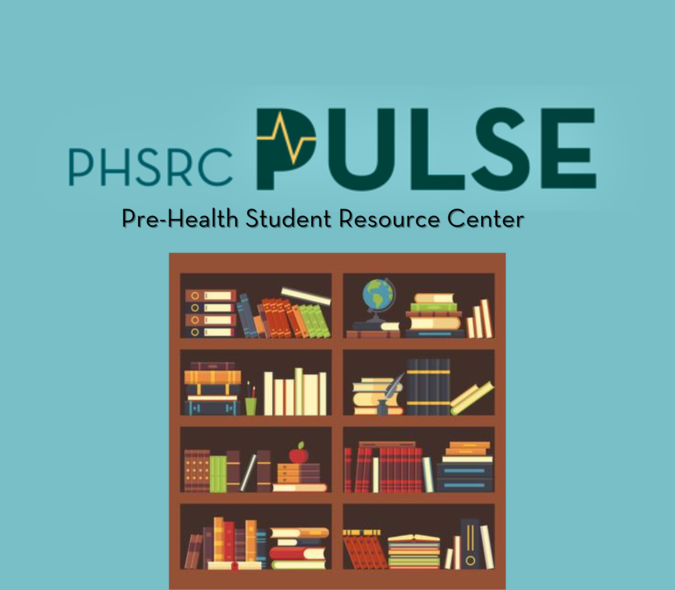
Support for our Community: Responding to the Killing of Amir Locke
It is necessary to acknowledge the tragic loss that the Twin Cities community suffered last week. As you are all aware, at 7:00 am on Wednesday, February 2, 2022, Minneapolis Police entered a downtown apartment on a search warrant. Amir Locke was shot and killed by a police officer while he was lying under a blanket on a couch. He was only 22 years old and according to his parents, he had dreams of being a musician. He was also a Black man.
We would like to both acknowledge this loss and reaffirm this department’s commitment to anti-racism. We encourage you to read and reflect upon the February 7 message from the leading members of the University’s Office for Equity and Diversity with the Office of Student Affairs, supporting our community in response to the killing of Amir Locke.
As individuals committed to improvements in health, we are all too aware of the grave inequities regarding health within Black communities. Black people are more likely to live less long with more health issues, including increased risk for cardiovascular issues and more. We see the impacts of systemic racism on our patients every single day. This department will not stand for it.
Since the murder of George Floyd, our department has taken several steps to address systemic racism. Today, we would like to call out one i.e., to make medicine more accessible for potential Black physicians. Our partnership with the nationally-ranked historically Black Tuskegee University provides an opportunity for juniors and seniors who are interested in medicine to participate in an eight-week paid, on-site immersion experience over the summer months — all while exploring the great Twin Cities. We are devoted to elevating health equity research broadly and addressing how implicit bias impacts surgery.
We all know that these efforts will never be enough to even the playing field in the face of centuries of systemic inequality in the United States and abroad. That does not mean we can ever rest on our commitment to anti-racism and equity.
In honor of Black History Month, take part in the wide-ranging system-wide events and dialogue sessions that center Black creators with student groups and organizations across our campuses.
Anyone who is in need of time to grieve or process this tragic loss can reach out. If you would like to make suggestions on how we can continue to reinforce our commitment to anti-racism, the doors to our offices are always open.
Thank you all so much. As always it is an honor to serve you.
FEEDBACK
TRAINEE RESOURCES
The Department of Surgery (DOS) is committed to fostering a just culture that supports diversity, equity, inclusion (DEI), and the well-being of our community. For more information and resources, visit our DEI webpage.
The University of Minnesota Medical School Twin Cities and Duluth campuses are built on traditional lands of Indigenous people. Read our land acknowledgments.



